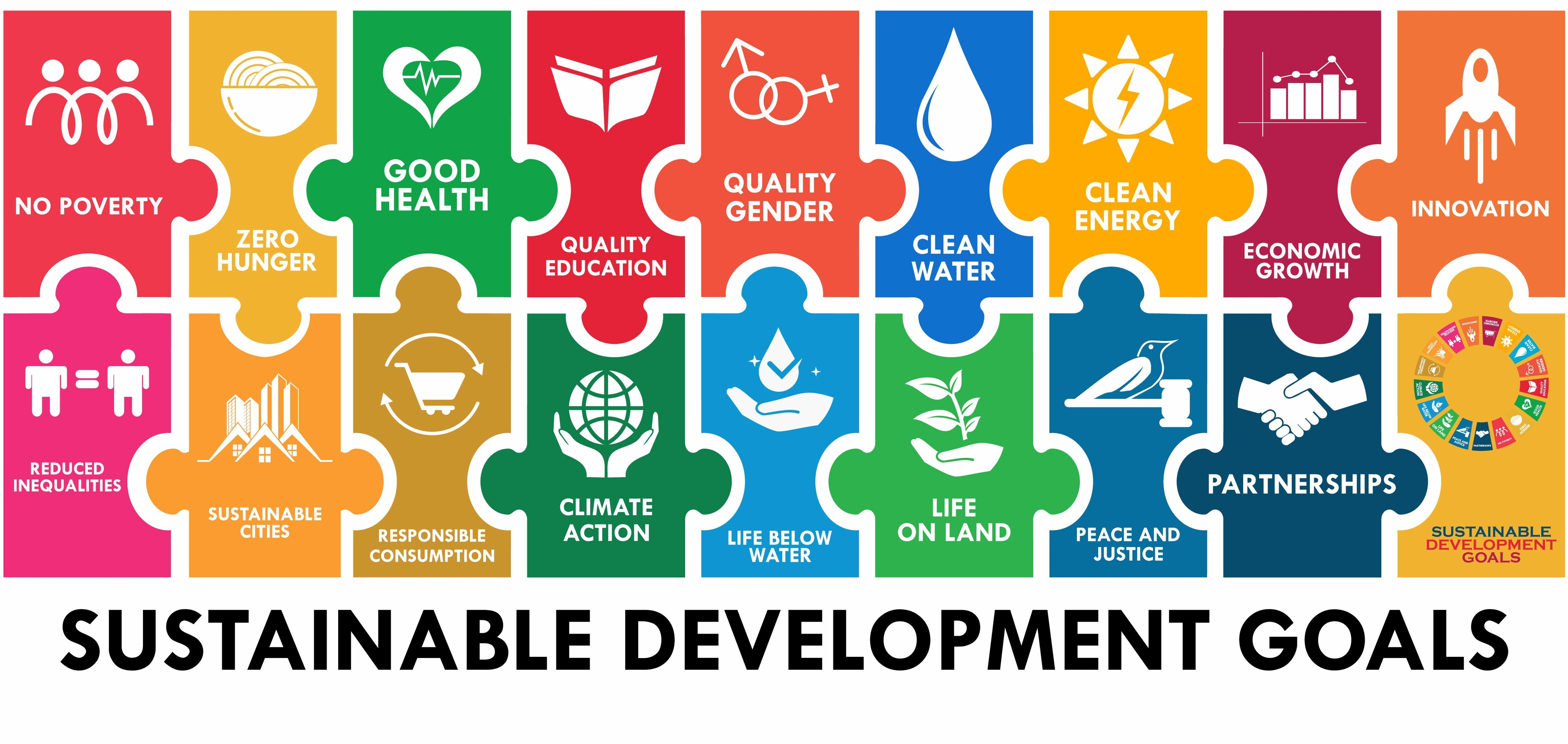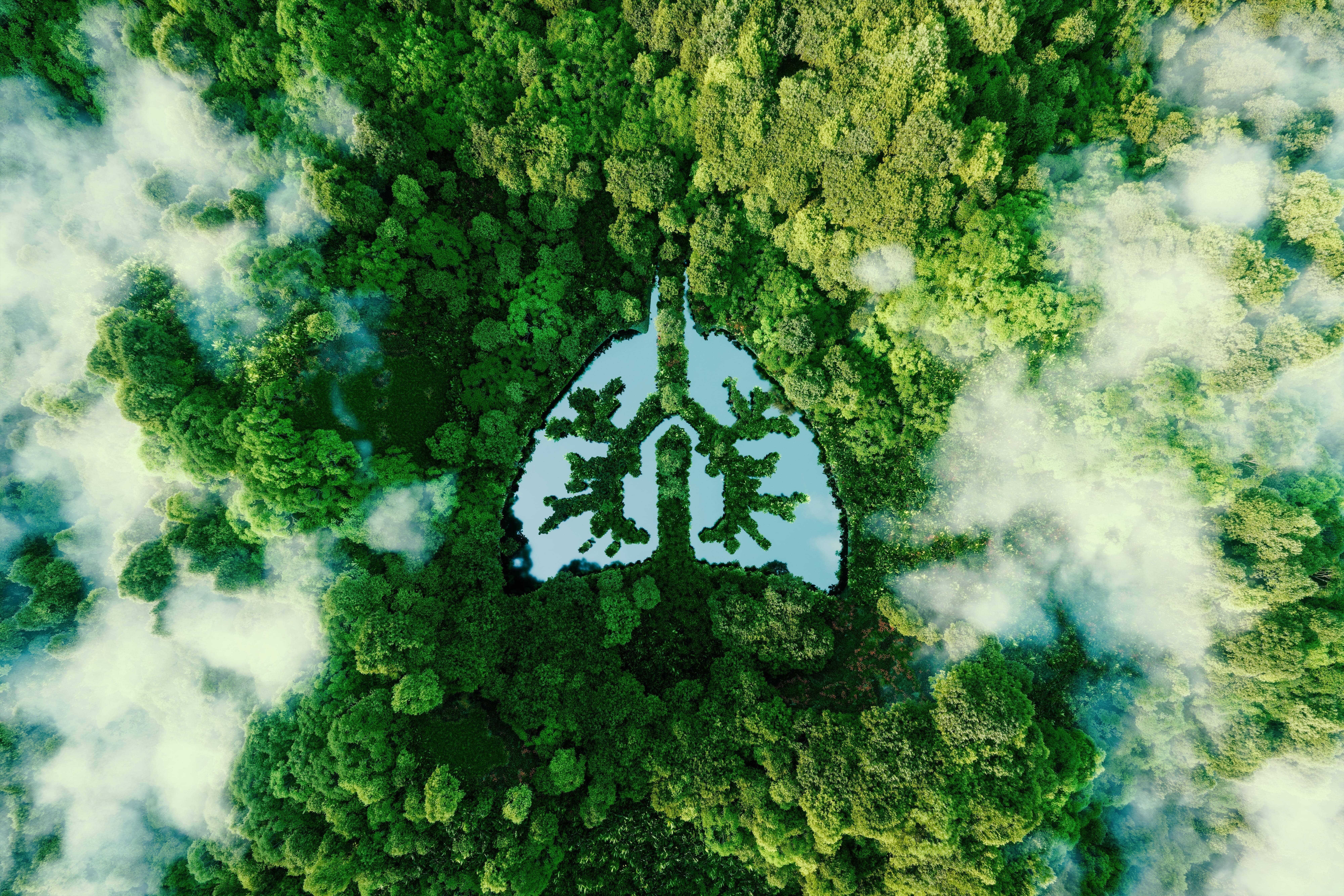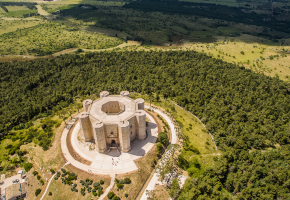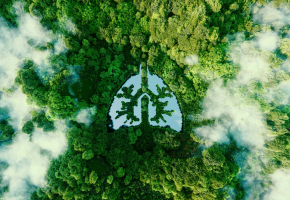
Future Generations
Sustainability Snapshot: B-Corps and Certifications in the Tourism Industry

We live in a wonderful world, and there is no limit to the awe and beauty we experience when walking through a city center or a nature reserve, sailing along the coast, climbing a mountain, or even exploring ancient archaeological underground sites. We must be forward-thinking to preserve the continuity of these precious moments.
The 2030 Agenda for Sustainable Development launched by the United Nations in 2015 outlines 17 common goals that we should always keep in mind in our daily choices as tourism operators. These goals include sustainability of cities and communities, combating climate change, preserving life below water and on land, and international cooperation to achieve these objectives.
Tourism development and the interest for natural environments are interconnected in the perspective of sustainability. That is why it is crucial to support a responsible and respectful approach to preserve the beauty that surrounds us and to ensure its durable accessibility for both us and future generations.
Interview with our Head of Product, Giorgia Pisano
In what way can a company embark on the path to sustainability?
One of the ways to commit to defining a sustainable development strategy is to rely on organizations that support companies in this complex and important journey, aiming to obtain a certification. Among these, B-Corporation guides companies towards an inclusive, equitable, and regenerative economy. Unlike other programs that consider only certain impacts, B Lab stands out for its holistic approach. It is indeed appropriate to conduct a comprehensive assessment that goes well beyond its economic dimension; it is necessary to delve into and consider the environmental impacts, the socio-cultural aspects of the involved communities, and the partnerships and synergies that each individual activity can generate.
In addition to B-Corporation, there are over 200 types of certifications. To avoid falling into traps, my advice is to verify that the certifying body is recognized by the Global Sustainable Tourism Council (GSTC), which sets global standards for such accreditations.
What are the steps to obtain a B-Corp certification?
Through an initial assessment it is possible to analyze current performance, identify areas of improvement, and establish action plans for the short, medium, and long term. To obtain B-Corp certification, it is also necessary to demonstrate, through measurable evidence, the commitments and progress made over time and achieve a minimum score that covers various aspects such as corporate governance, social responsibility, environmental impact, and stakeholder engagement. Once the minimum requirements are met, it will be possible to apply for B-Corp certification and join the network for an inspiring sharing of best practices.

What does it mean to be sustainable in the tourism industry?
At Italyscape sustainability means being aware of the impacts resulting from one's activities and working to reduce them. It means carefully choosing collaborators and sharing best practices, taking care of our team and all our stakeholders. It also means being innovative in proposing smart solutions for the full enjoyment of destinations that are most affected by tourist flows. To do this, it is necessary to study the product in depth and to be curious and proactive, using our entrepreneurial influence to create environmental regeneration and social cohesion through tourism activities and giving-back projects.
Can you share some examples of sustainable practices for companies operating in the tourism industry?
- Foster respect and protection of the environment in local communities, preserving landscape integrity, cultural values, and the overall attractiveness of the area.
- Promote the consumption of traditional and locally sourced products (KM0) and prioritize menus that feature less meat, especially red meat.
- Promote alternative destinations and experiences that showcase local traditions while preserving the identity of the region.
- Select partners who share a sustainable environmental and social philosophy, preferably holding an internationally recognized certification.
- Optimize travel logistics and prioritize travel by train and public transportation whenever possible.
- Share best practices and operate within awareness of our ethical values.

What are the certified companies in the tourism sector in Italy? And in the world?
After the first certified company in 2013, the movement has steadily grown in Italy, with a total of 220 companies to date. In the tourism sector, B Corp certified companies are still few, but we are witnessing an increase. There are also several other certified companies belonging in the field, such as in the agri-food sector (Illy coffee, Costadoro, Perlage Winery, Cielo e Terra Winery), among restaurants (Mi scusi), in sustainable energy and cleaning (Ecostilla, NWG Energia), or in marketing and communication (Sottosopra).
In the world, associations are also emerging that bring together certified operators, such as Travel by B Corp, a collective of certified tourism companies of various kinds for clients in the United Kingdom
Other internationally recognized certifications include TravelLife, GreenGlobe, and GreenKey.
At Italyscape, we are committed to innovation and supporting sustainable tourism development in Italy. Starting from 2023, we pledge to obtain the B Corp Certification, publish our Code of Ethics, and release our first sustainability report, aiming for a gentle and conscious growth.
Related articles
10154
Torino (TO)


